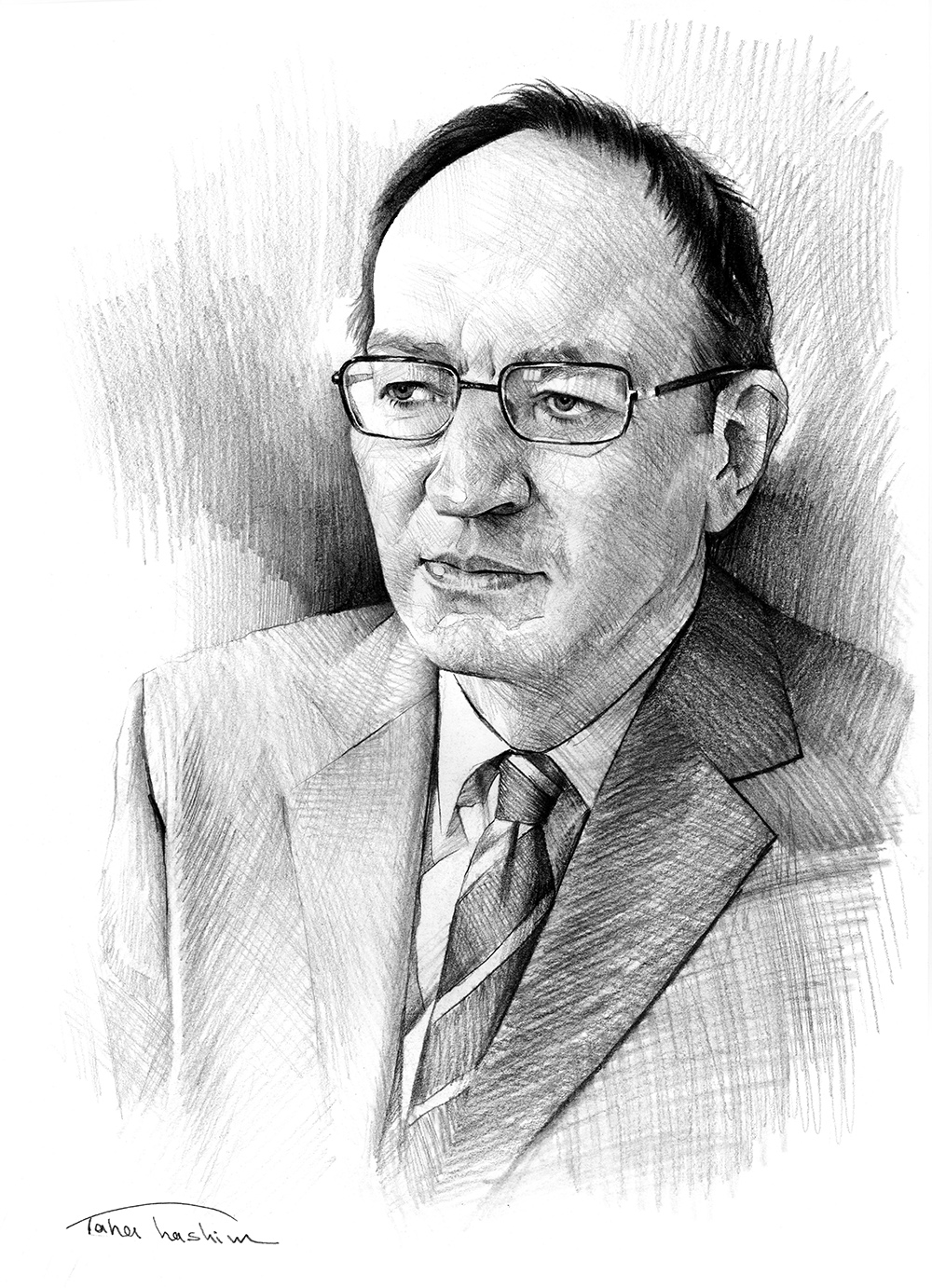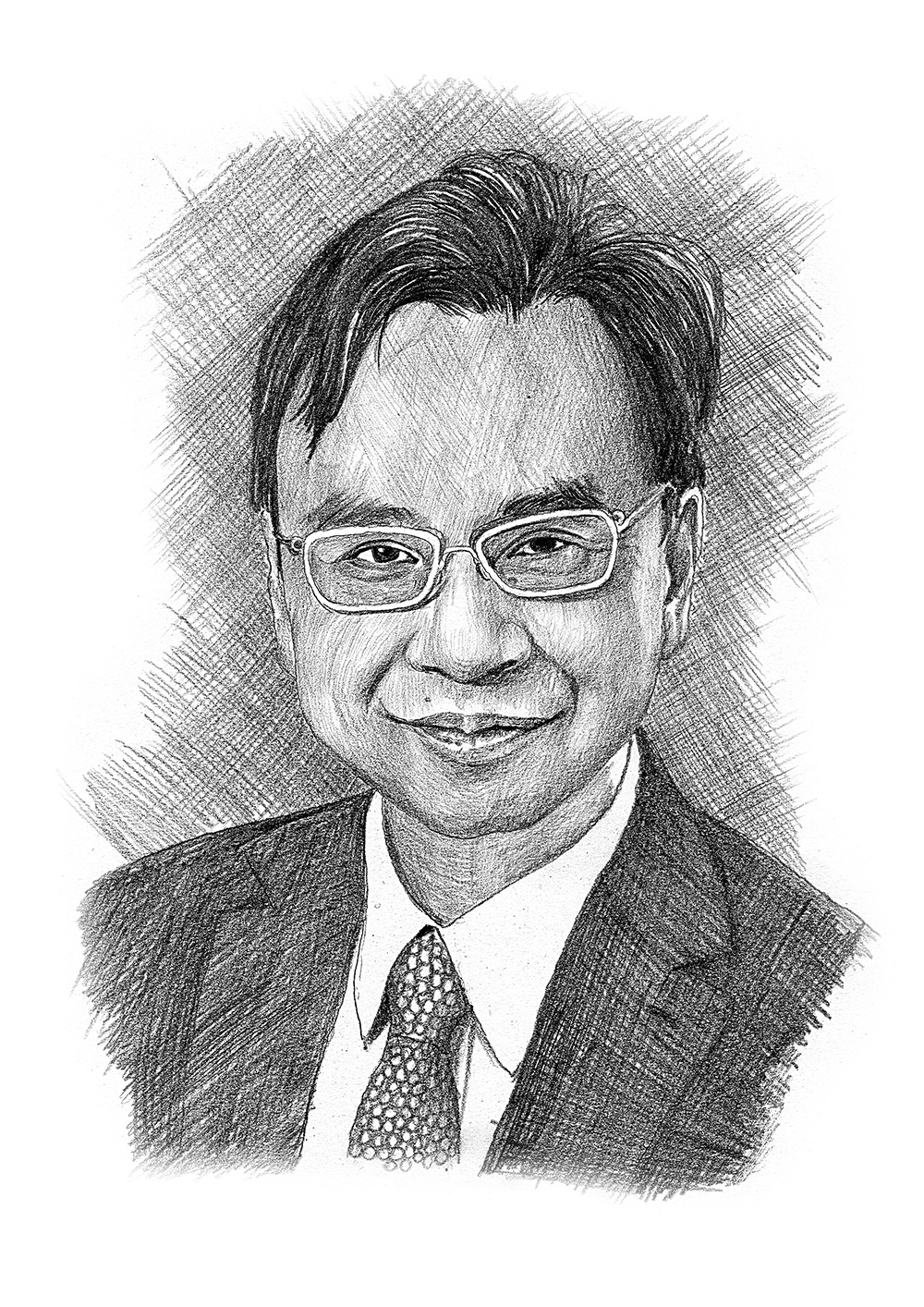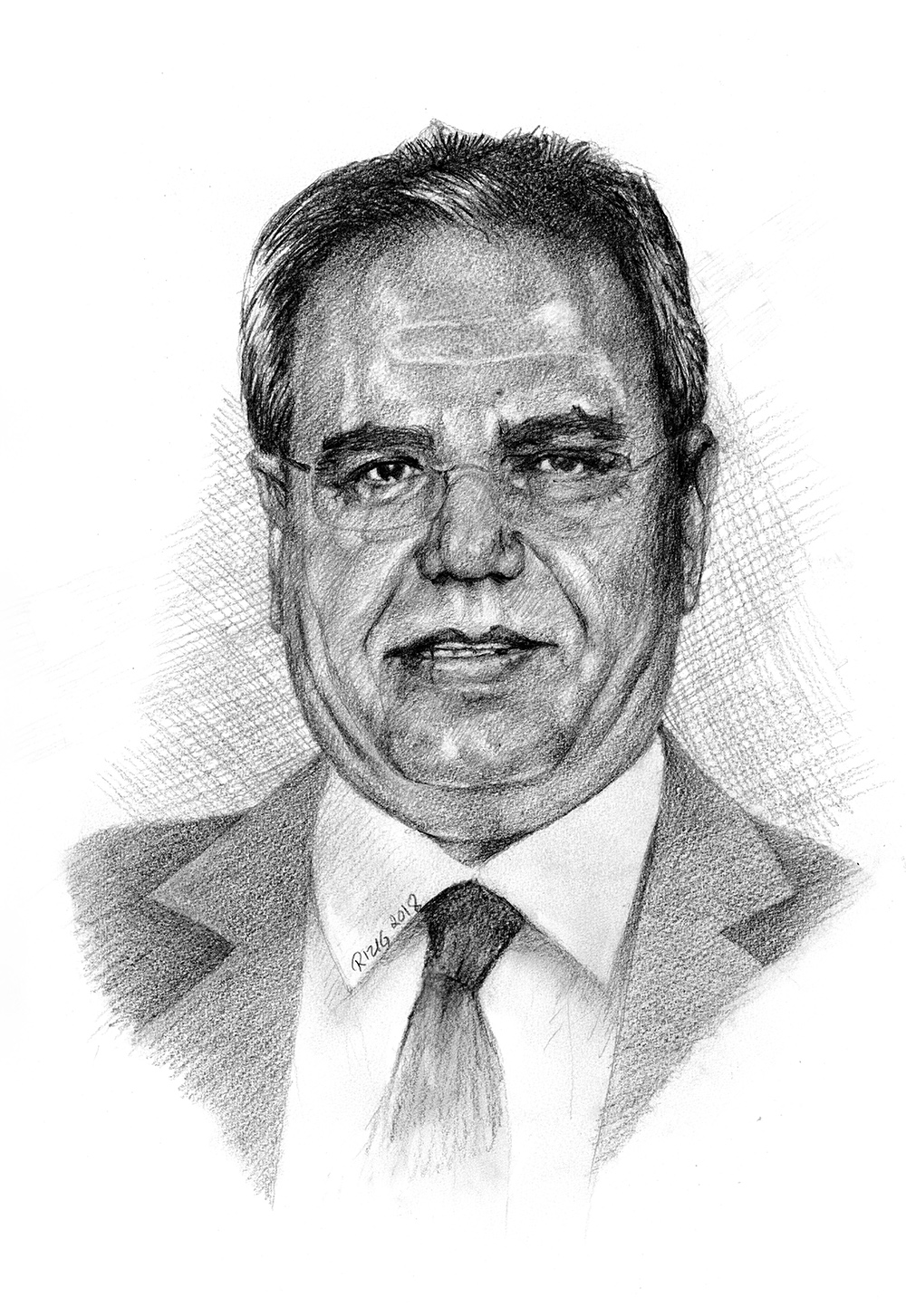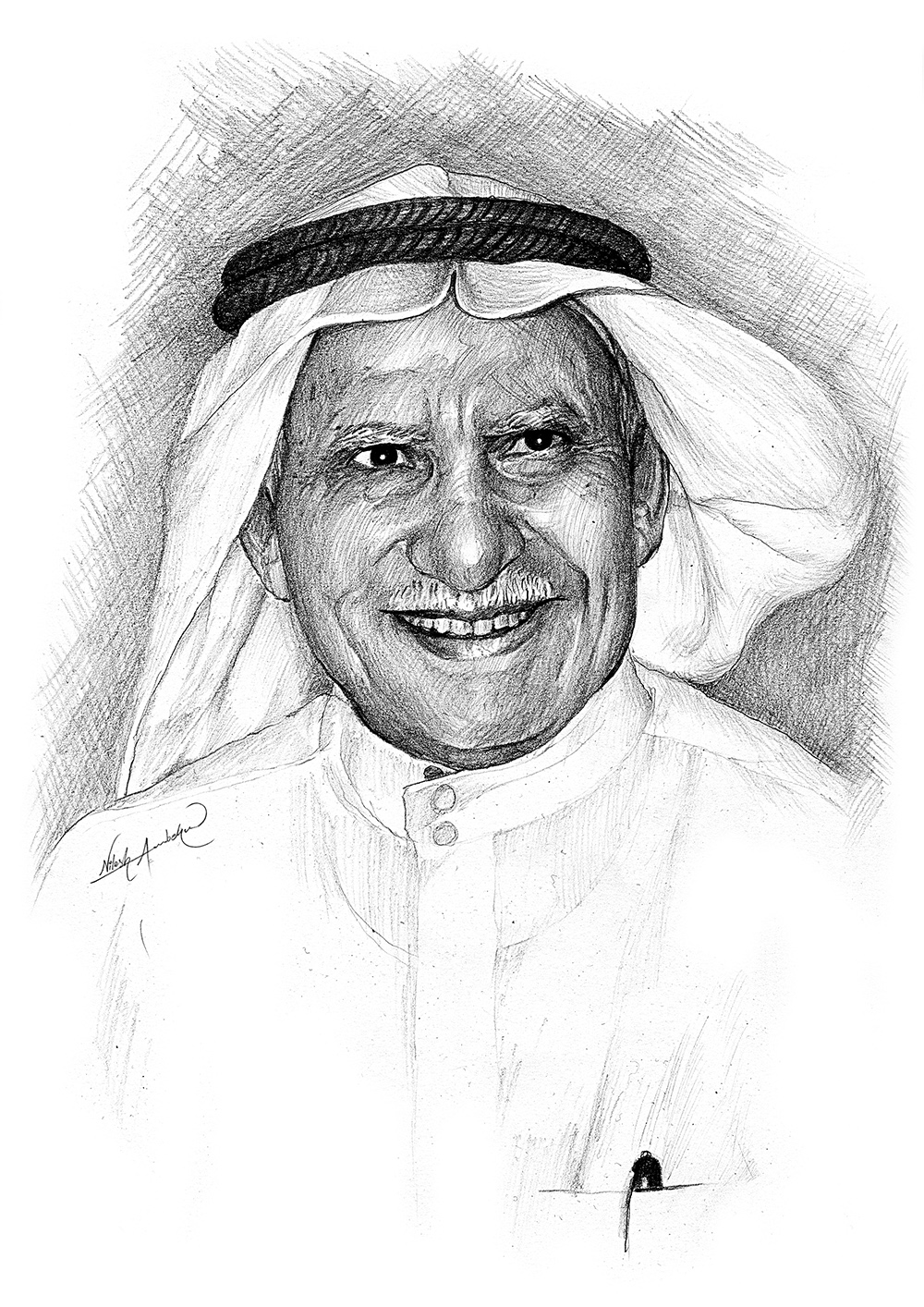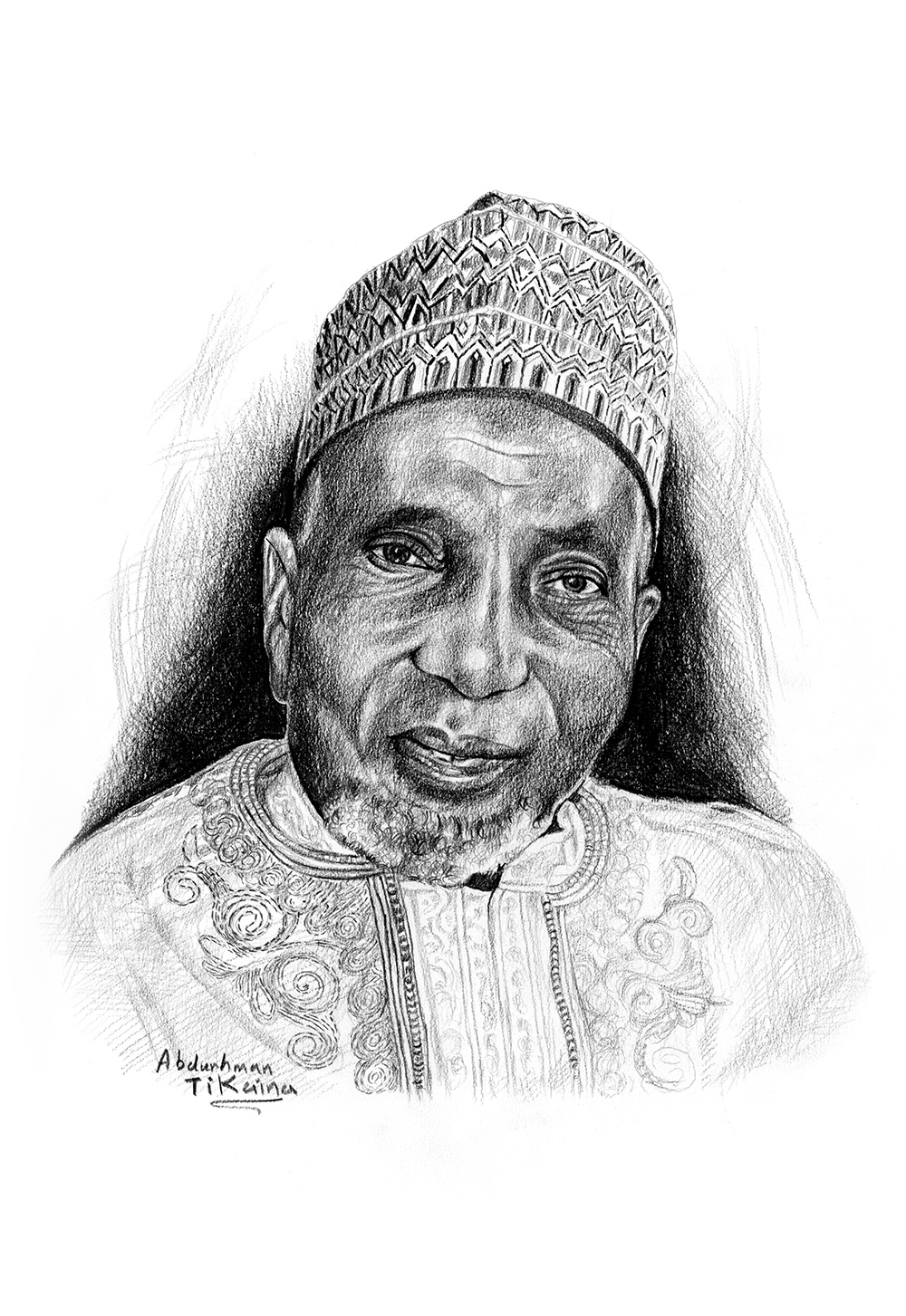Gerd Faltings studied mathematics and physics from 1972 to 1978 at the Westphalian Wilhelm University of Muenster. He received his diploma and Ph.D. in 1978, then was appointed as a visiting scientist at Harvard University from 1978 – 1979. Between 1979 and 1982 he worked as a Scientific Assistant at the University of Muenster where he received his habilitation in 1981. Between 1982 and 1984, he held a professorship in Pure Mathematics at the University of Wuppertal and was the youngest professor of mathematics in Germany. Between 1985 and 1994, he was appointed as a professor of Mathematics at Princeton University. He then came back to Germany in 1994 as a Scientific Member of the Max Planck Institute for Mathematics in Bonn and became its Director in 1995.
Professor Faltings has made seminal contributions to mathematics, particularly to algebraic geometry, number theory and arithmetic. At the age of 27, he made a breakthrough which revolutionized the Arakelov theory by proving his index theorem and the Faltings-Riemann-Roch theorem. During the following two years, he proved three major arithmetic finiteness theorems: the Mordell Conjecture, the Tate Conjecture and the Shafarevich Conjecture, all of which have become attached to his name. He gained fame through his proof of the Mordell conjecture, a problem about Diophantine equations that date back to the Greek era. He introduced new geometric ideas and techniques to the theory of Diophantine approximation, which have led to his proof of Lang’s conjecture on rational points of abelian varieties and to a far-reaching generalization of the subspace theorem. He has also made important contributions to the theory of vector bundles on algebraic curves with his proof of the Verlinde formula.
Professor Faltings has authored numerous publications in leading mathematical journals and is Associate Editor of Compositio Mathematica and Editorial Board Member of the Journal of Algebraic Geometry. His accomplishments in mathematics have been recognized by numerous awards and honors, including the Dannie Heineman Prize of the Goettingen Academy of Sciences (1983); Fields Medal of the International Mathematical Union, which he received the medal for proving the Mordell conjecture (1986), a proof that led him to interesting research on the toroidal compactification of the moduli space of Abelian varieties and on the relationship between p-adic estate and crystalline cohomology. Professor Faltings is a member of the National Academy of Sciences Leopoldina, and the North Rhine Westphalian Academy of Sciences and Arts.
This biography was written in the year the prize was awarded.

